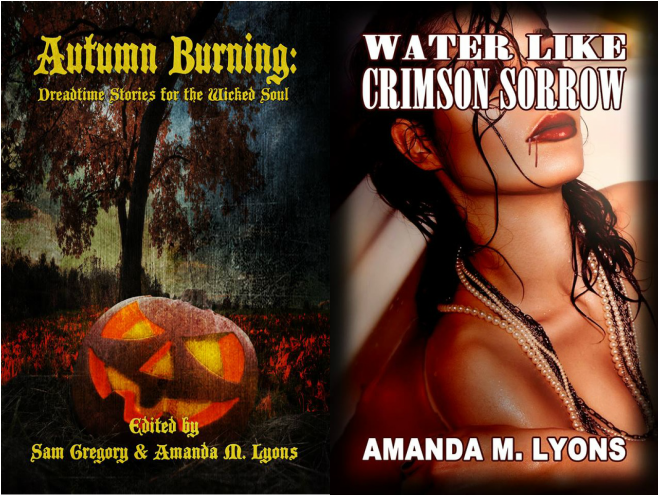
Both Water Like Crimson Sorrow: Shades of Midnight Book 2 and Autumn Burning: Dreadtime Stories for the Wicked Soul will be out in October Thanks to Michael Fish Fisher and Dave McGlumphy for the great covers! Autumn Burning has been coming along quite nicely and I think Sam Gregory , who came up with this great antho, agrees that we're going to have a great book to put out there in October. Keep an eye out for it! Water Like Crimson Sorrow is the gorier, more brutal half of the original ELBF book. I'll be submitting the 3rd book very soon.
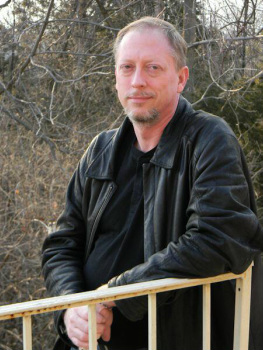
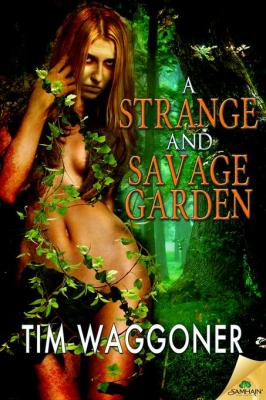
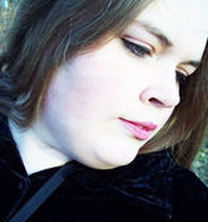
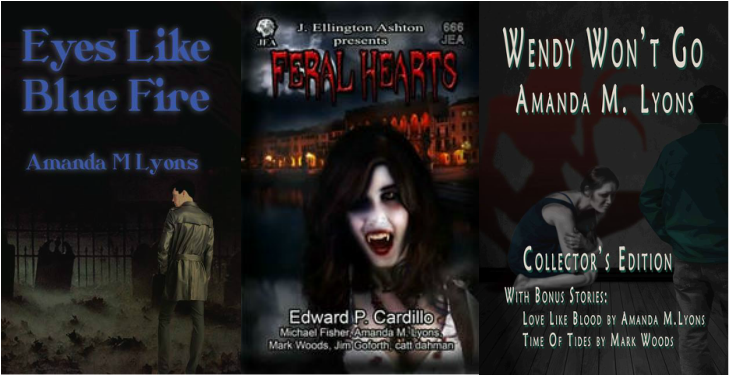
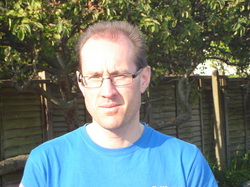
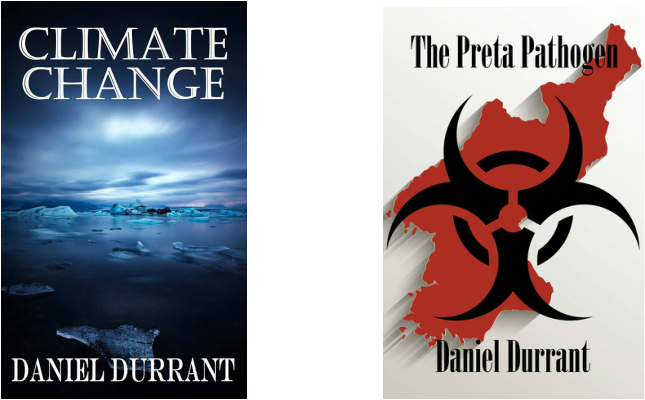
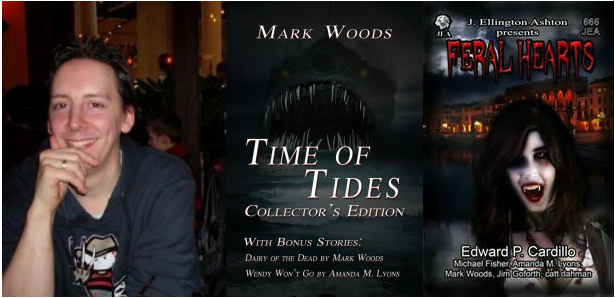
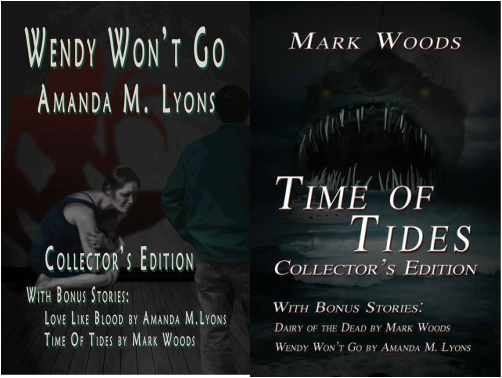
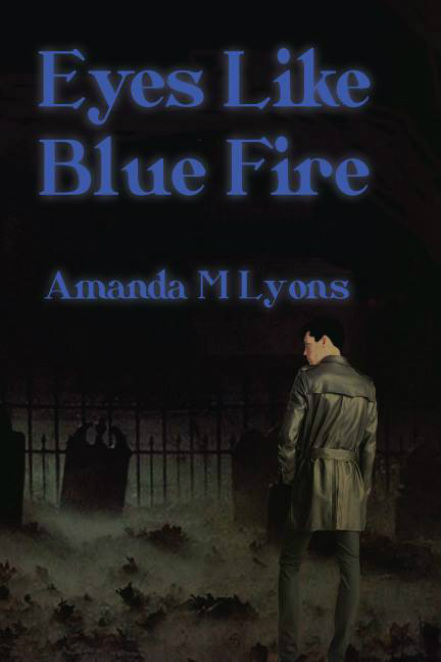
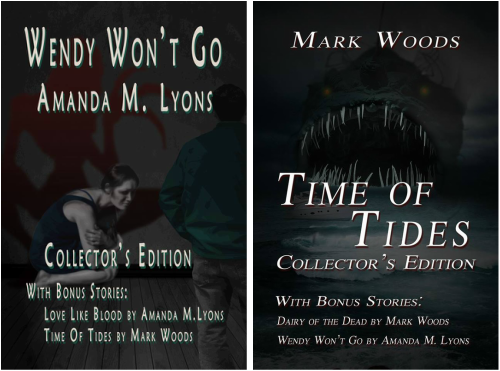
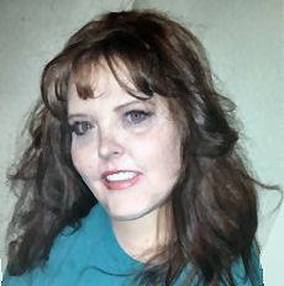
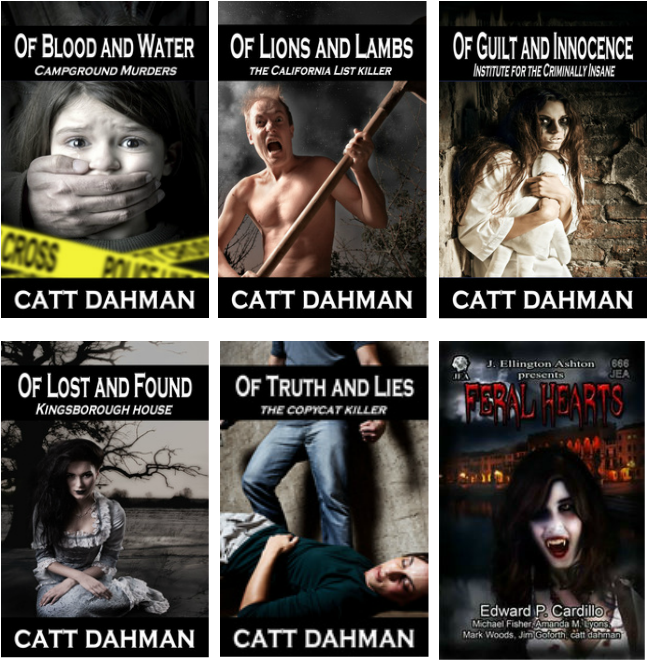
 RSS Feed
RSS Feed
